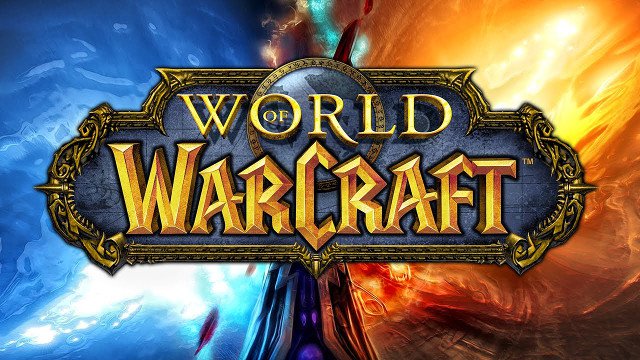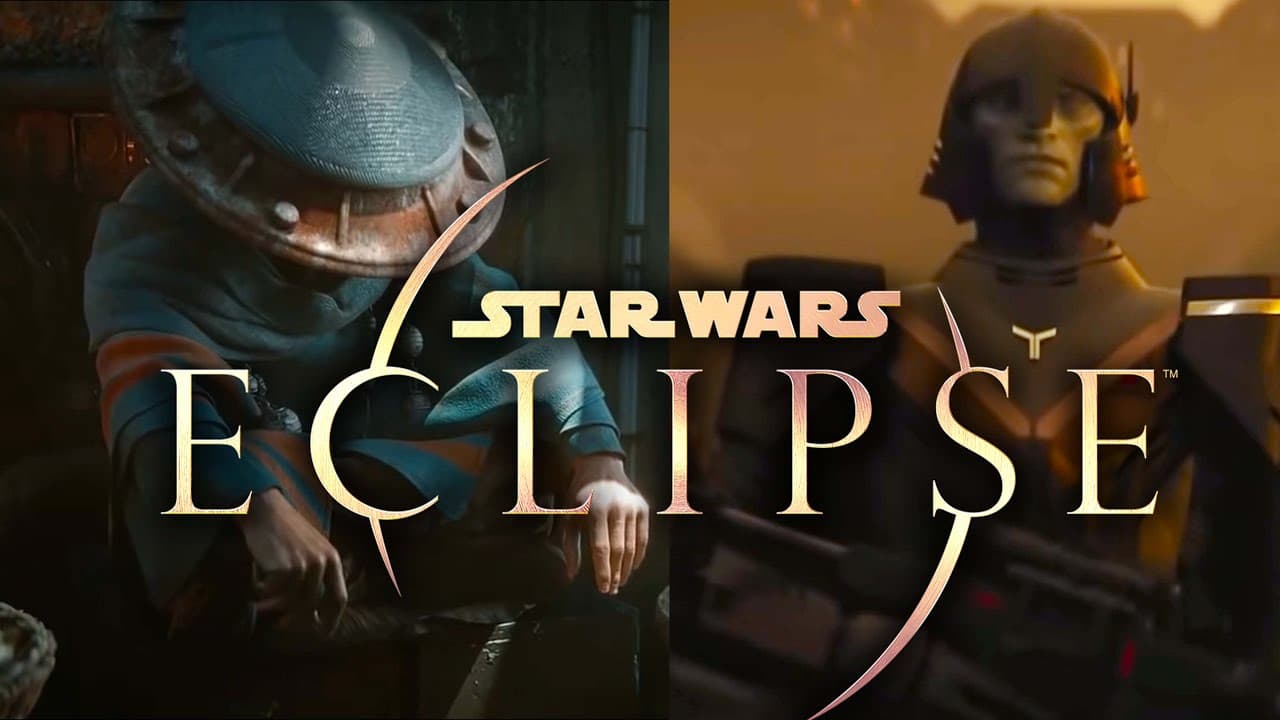Play-to-earn (P2E) games have changed the face of gaming and spending money. It has emerged as a new genre, setting itself apart from traditional video games. As the name suggests, this genre is unique in itself as instead of just being for fun, games can now be a way to earn something. Understanding the underlying principles of P2E and the advantages of hiring an external Play-to-Earn game development company is essential for your success in this evolving gaming market.
Understanding Play-to-Earn Games
Imagine playing a game, but this time, you are not just spending money on boosters and assets in the game; you get the opportunity to earn real-life value from it. Play-to-earn is a genre of video gaming that makes this dream come alive. It’s a new video game where you can earn tangible rewards for your time and effort.
This video game genre is unique because it utilizes blockchain technology and gives the players agency or actual ownership of their in-game stuff. Play-to-earn games lets you earn or buy items in the games; they’re yours in the form of NFTs (Non-Fungible Tokens) – digital assets. These NFTs’ digital assets can be owned, traded, sold, or used by you across different games and platforms. This creates a real economy where your actions as a player is valued, and your gaming skills can lead to genuine, real-life rewards. Understanding this plays a major role when you hire game developers for your P2E game project.
Advantages of Hiring an External Game Development Company
Building a P2E game isn’t your typical game development project – it needs a careful mix of blockchain knowledge, creative game design, and solid economic planning. When you want to bring your P2E game to life, teaming up with an external development company can give you a serious edge in several ways.
- Technical Expertise: First, external companies bring specialized technical skills that are hard to find. While traditional game developers are great at creating fun experiences, P2E games need extra expertise in blockchain integration, NFT development, and token economics. External teams live and breathe this stuff – it’s what they do every day.
- Accelerated Time to Market: Time is another big factor. Starting from scratch with an in-house team means months of setup, training, and getting everyone up to speed. External developers can hit the ground running, helping you get your game to market faster and grab those early opportunities before someone else does.
- Cost-Efficiency: Money matters, too. Several important factors must be considered when you build an in-house team. The costs of it consist of: salaries, benefits, training programs, office space, and equipment. An external team comes ready to work, and you only pay for what you need. In addition to this, you won’t have to worry about keeping developers on the payroll during periods when the projects are not active.
- Access to Advanced Technologies: Co-development companies also stay on top of the latest tech and industry trends. They work with different clients and projects, so they know what tools, technologies, and methods work best for which project. Your game gets built using the latest technology, not yesterday’s solutions.
For any studio taking its first steps into P2E gaming, choosing the right development partner is a make-or-break decision. You need more than just skilled coders – you need a team that understands both the technical challenges and the unique opportunities that make P2E gaming special.
Key Factors to Consider When Hiring P2E Game Developers:
- Technical Proficiency:
- Blockchain Fundamentals: Developers need solid experience with blockchain systems like Ethereum, Binance Smart Chain, or Polygon. They should know their way around smart contracts and decentralized apps (dApps) to handle NFTs and token systems properly.
- NFT Integration: P2E games rely on NFTs. Hire game developers skilled in NFT integration. They will make managing digital assets easy for players. Smooth integration is key for a good player experience.
- Game Engine Expertise: Substantial mastery in significant game engines like Unity or Unreal Engine matters greatly. These engines not only lets you make fun games with great graphics, but also lets you put your game out on many different systems.
- Programming Languages: A good command of programming languages such as C#, C++, and JavaScript is essential for building the game’s core systems, backend, and player interface.
- Game Development Experience:
- Portfolio Assessment: Take a good look at what developers have made before. Check how well they create fun gameplay and easy-to-use interfaces. Look for signs they can handle complex game systems and player interactions.
- P2E Project History: Previous work on P2E games is a big plus. Developers who’ve already mixed blockchain and NFTs into games know what works and what doesn’t.
- Genre Alignment: Pick developers who know your game’s genre well. This means they’ll understand what players expect and how to build genre-specific features right.
- Communication and Collaboration:
- Team Dynamics: Developers need to work smoothly with designers and artists. Good communication keeps everyone moving toward the same vision for the game.
- Feedback Integration: The best developers listen to what players and stakeholders say. Using community feedback to improve the game keeps players happy and coming back.
- Problem-Solving Abilities:
- Technical Challenges: P2E games present special tech problems, such as handling blockchain trades and securing everything. Game developers must be ready to adapt new technologies and be able to solve problems fast.
- Industry Awareness: Keeping up with what’s new in blockchain gaming and NFTs is key. Developers should understand how rules and new tech might affect the game.
- Project Management Skills:
- Time and Budget Management: Meeting deadlines and budgets is key to project success. Know your top priorities, set goals you can reach, and maintain momentum.
- Agile Methodologies: Agile methods let teams adapt to shifts. Teams can work in short, focused sprints. This approach boosts their ability to handle changes. It also helps them make smart progress.
- Security and Compliance:
- Blockchain Security: Keeping blockchain transactions and player items safe is crucial. Developers must build strong security to stop hacks and fraud.
- Regulatory Knowledge: Understanding the rules around blockchain and NFTs helps avoid legal troubles later.
Conclusion
Finding the right game developers or game development company for your P2E game project needs an exhaustive evaluation of the co-development company’s technical skills, their experience both in the number of years and genres of game development, communication skills, problem-solving abilities, and knowledge of security and compliance. By focusing on these substantial aspects, gaming studios can form teams to create engaging, secure, and prosperous P2E games that stand out in the competitive gaming industry.










